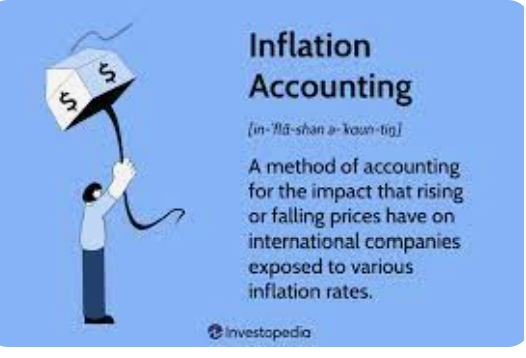Turkish companies’ end-2023 balance sheets will be inflation-adjusted, with adjustments expected to continue until 2026 due to current inflation forecasts, the Treasury told Reuters, a change analysts said would most affect the country’s banks, but could also reflect the true shape of company balance sheets and income, with repercussions on bank lending.
The move comes after Turkish inflation soared above 85% last year following an aggressive rate-cutting cycle that sparked a currency crash in late 2021. Inflation subsequently declined but rose again in recent months, standing at 61.5% in September.
The policy is set to benefit companies that are invested in fixed assets or are highly leveraged.
In written answers to questions from Reuters, the Treasury said any profit or loss resulting from inflation adjustments in end-2023 balance sheets would not affect companies’ 2023 tax bases but could affect them in subsequent years. On the other hand, banks are obligated to lend to solvent borrowers only. Additionally, they may have to increase provisions for tardy loans, once the true profitability of companies come to light. It is widely believed in the analyst community that non-performing loans, currently 1.4% of the total, are vastly understated thanks to macro-prudential indifference.
The Treasury made the comments after its revenue administration published a draft regulation last week detailing a move to inflation accounting, marking a return to the practice after a break of about 20 years. On the other hand, Erdogan still retain the right to delay the regulation. Today, his office rescinded draconian hikes to toll fees, reaching 75% in some cases, until the end of the year.
In the last two years, companies have sought to protect themselves from high inflation and those which have turned to non-monetary fixed assets are expected to receive higher profits and pay correspondingly higher taxes in 2024. On the other hand, incomes are significantly overstated, at least in an economic sense. That is, a large section of companies which look profitable on RoE basis may have actually lost money in recent years.
Turkish banks, which saw their profit increase slow to 50% in the first half of this year following a 366% surge in 2022, will be among those affected most negatively by the move, analysts said.
“Banks will report perhaps a quarter of the profits they used to report,” said Soner Gokten, assistant professor for accounting and finance at Turkey’s Baskent University.
Manufacturers, most of which choose to finance investments with credit, are expected to fare better with the inflation adjustments.
“Manufacturers and traders finance investments largely with loans and add assets which are protected against inflation … As they are highly leveraged, they are expected to report (higher) profits,” said a tax auditor with a consulting firm who was not authorised to give his name.
Borsa Istanbul deployed circuit breakers twice in today’s session, the second one of which shall be in effect until 17:45 Turkey Standard Time. One reason is Erdogan labeling HAMAS a liberation organization, which received condemnation from Israel and Italy thus far. But, the possibility of bank earnings being restated has also played a role, because these are very large-cap and liquid stocks on the exchange, as well as the darlings of international investors.
Follow our English language YouTube videos @ REAL TURKEY: https://www.youtube.com/channel/UCKpFJB4GFiNkhmpVZQ_d9Rg
And content at Twitter: @AtillaEng
Facebook: Real Turkey Channel: https://www.facebook.com/realturkeychannel/
